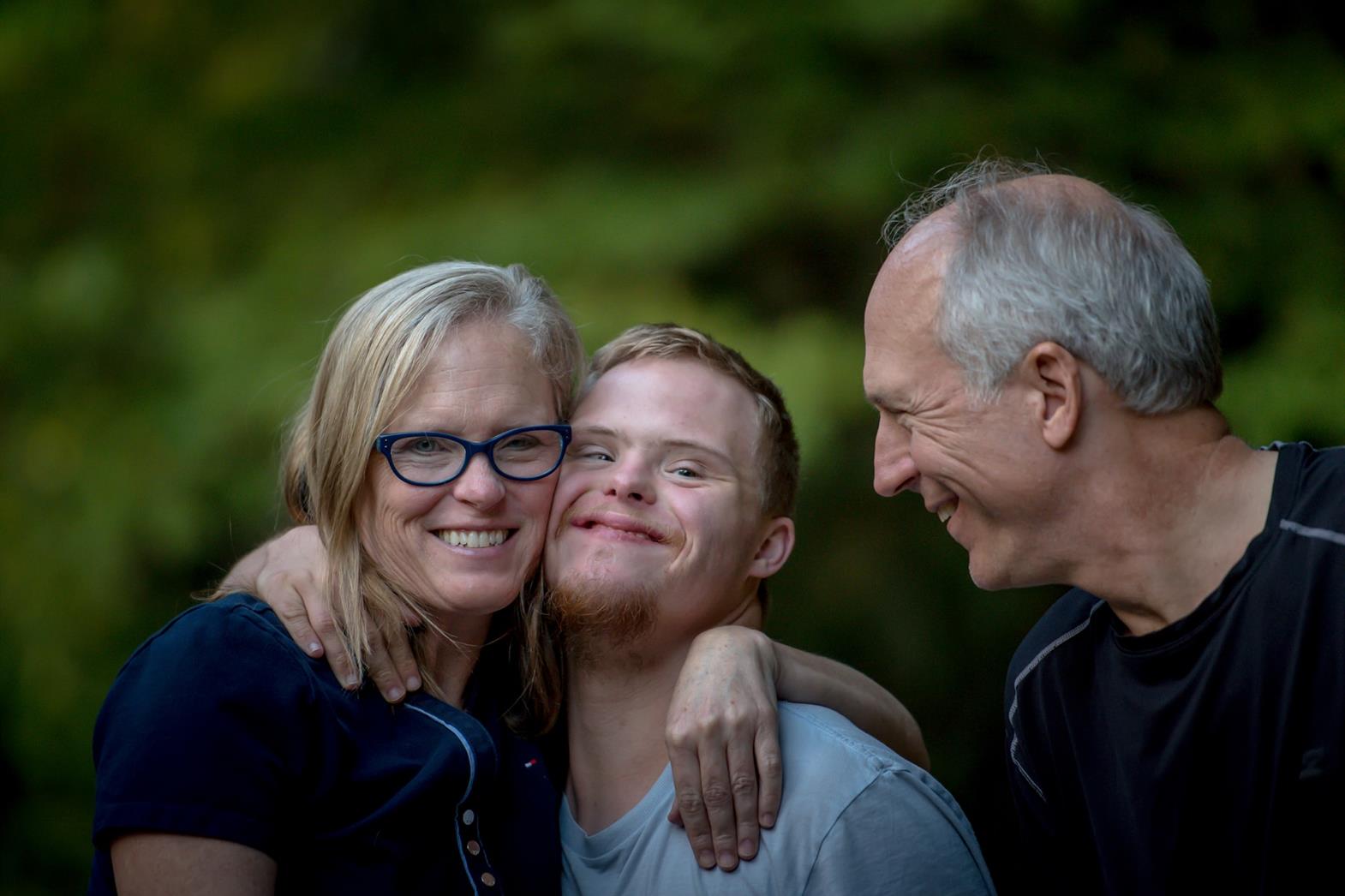What you need to know?
Parents may experience less mental health problems if they accept negative thoughts and feelings that come about in stressful situations. It is important to understand and evaluate the family situation, and offer supports that help empower parents about situations they can change, and cope with situations that they cannot.
What is the research about?
Raising children with autism spectrum disorders (ASD) is related to higher levels of parenting stress and psychological distress. Stress levels are higher than for parents with typically developing children, children with a physical disability, or children with developmental delays without ASD. However, researchers have found that the experience of having a child with a disability is not always negative. Researchers should look at the many factors that may explain how stressors influence parent psychological well-being. Thus, effective supports and services can be made available to help parents of people with ASD.
What did the researchers do?
The study looked at the relationship between:
- A child's problem behaviour;
- Parent's mental health;
- Psychological acceptance: A process where a person embraces difficult feelings from their past without trying to change how often they happen or how they look;
- And parent empowerment: This involves actively changing or eliminating potentially stressful events. It is a form of problem-focused coping.
Psychological acceptance is a process where someone embraces the difficult feelings generated by their history without attempting to change how often they happen or how they look.
This is relevant to parents of children with ASD, since problematic situations can't be immediately solved or addressed. Participants included 228 parents of children aged 6 to 21 years, who were diagnosed with ASD. Parents answered questionnaires online.
What did the researchers find?
Higher problem behaviours from children with ASD were related to lower parent psychological acceptance and empowerment. It was also related to more parent mental health problems. Parents had higher mental health problems because of their struggle to accept difficult emotions and thoughts.
How can you use this research?
Parents' psychological experience should be considered when developing treatments for child problem behaviours. For parents of children with ASD who have behaviour problems, a problem-focused way of coping is not the only way to ensure positive parent adjustment. When problems are less manageable and support less available, it may not be effective for parents to focus alone on changing the situation. Parents need support to deal with their emotions and develop coping strategies. Focusing on parent psychological acceptance shows promise, with evidence suggesting that parents' acceptance of their situation is related to less mental health problems.
About the Researchers
Jonathan Weiss is an Assistant Professor of Psychology at York University.
Catherine Cappadocia, Jennifer Anne MacMullin and Michelle Viecili are PhD candidates in the Clinical-Developmental program at York University.
Yona Lunsky is the Research Head of the Dual Diagnosis Program and an Associate Professor with the Department of Psychiatry at the University of Toronto.
Citation
Weiss, J., Cappadocia, C., MacMullin, J. A., Viecili, M. & Lunsky, Y. (2012). The impact of child problem behaviors of children with ASD on parent mental health: The mediating role of acceptance and empowerment. Autism 16(3), 261-274.
This research summary was written by Maria Khan for the Chair in Autism Spectrum Disorders Treatment and Care Research. This research summary, along with other summaries, can be found at asdmentalhealth.ca/research-summaries
Reproduced with the permission of Dr. Jonathan Weiss (York University). This research summary was developed with funding from the Chair in ASD Treatment and Care Research. The Chair was funded by the Canadian Institutes of Health Research in partnership with Autism Speaks Canada, the Canadian Autism Spectrum Disorders Alliance, Health Canada, Kids Brain Health Network (formerly NeuroDevNet) and the Sinneave Family Foundation. This information appeared originally in the Autism Mental Health Blog (https://asdmentalhealth.blog.yorku.ca).
Photo by Nathan Anderson on Unsplash


